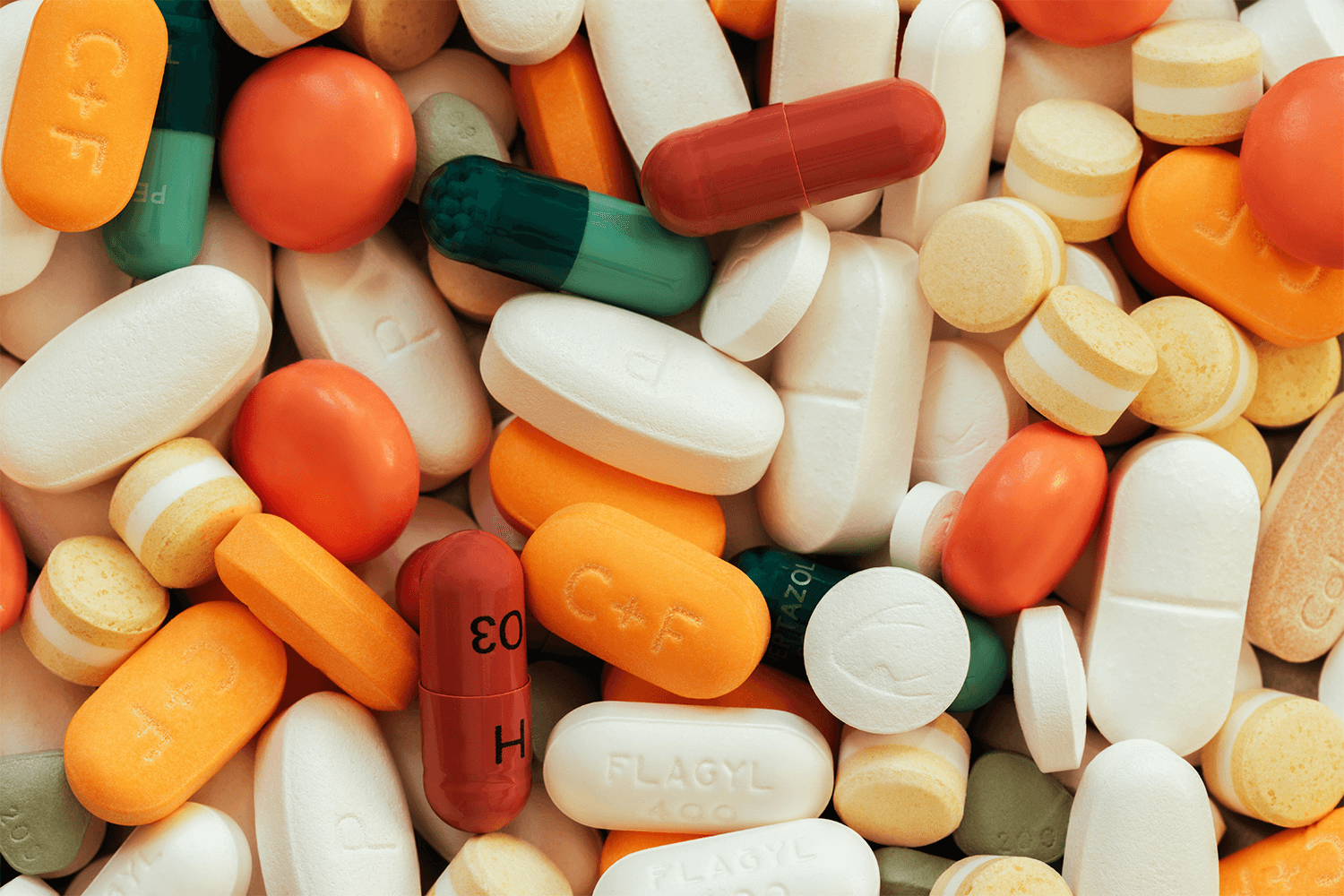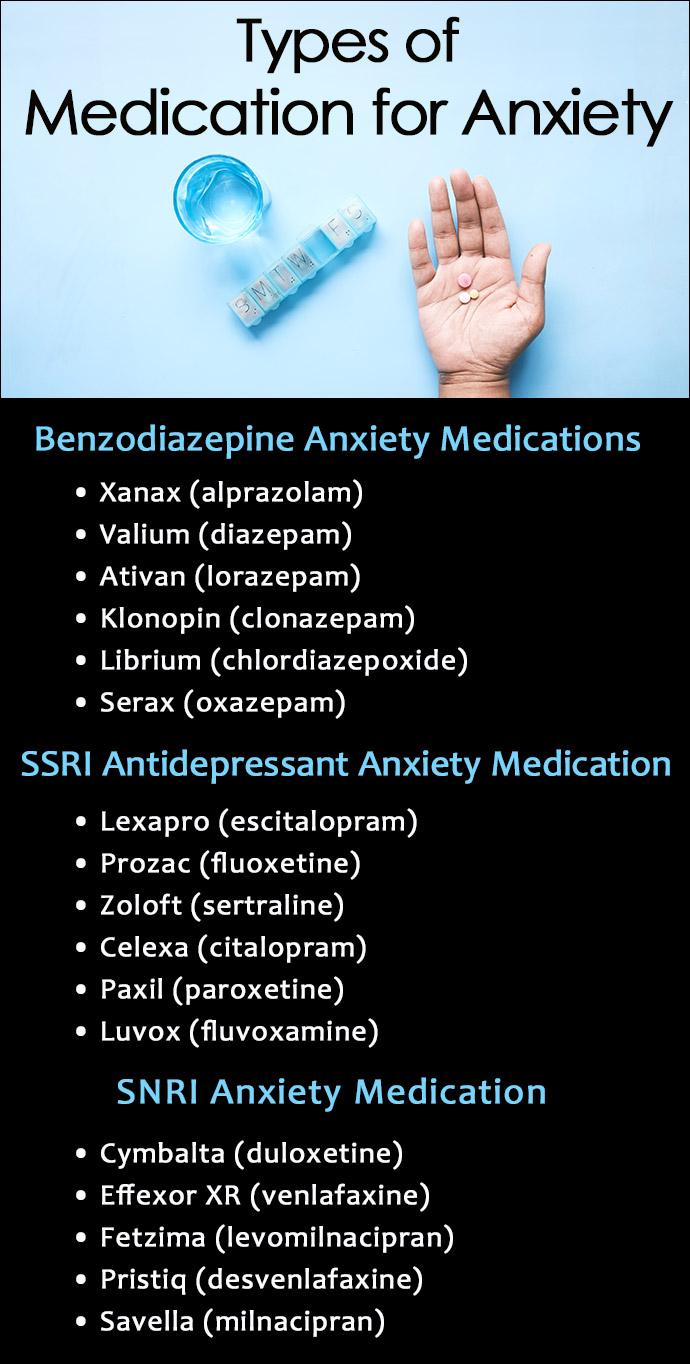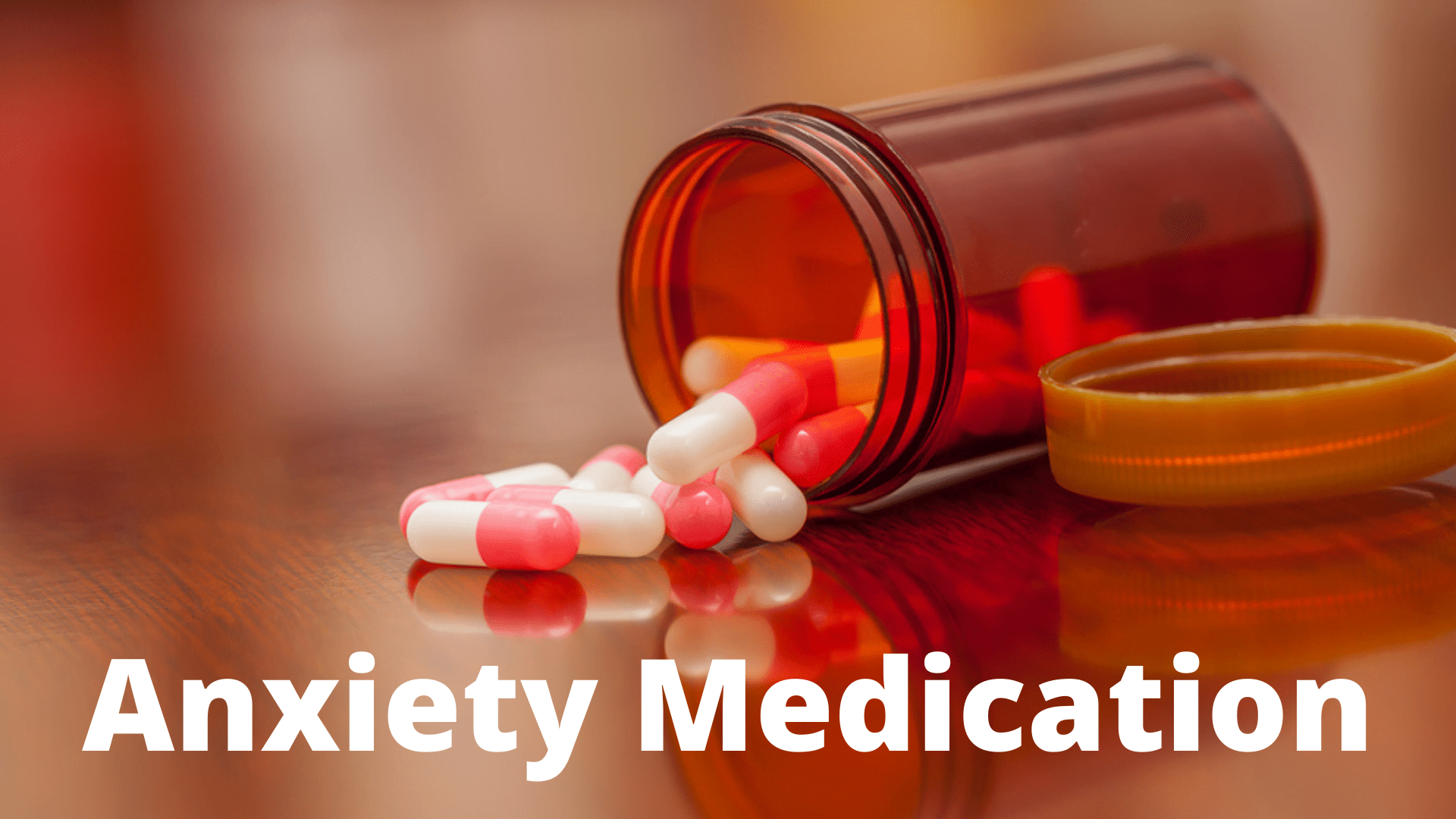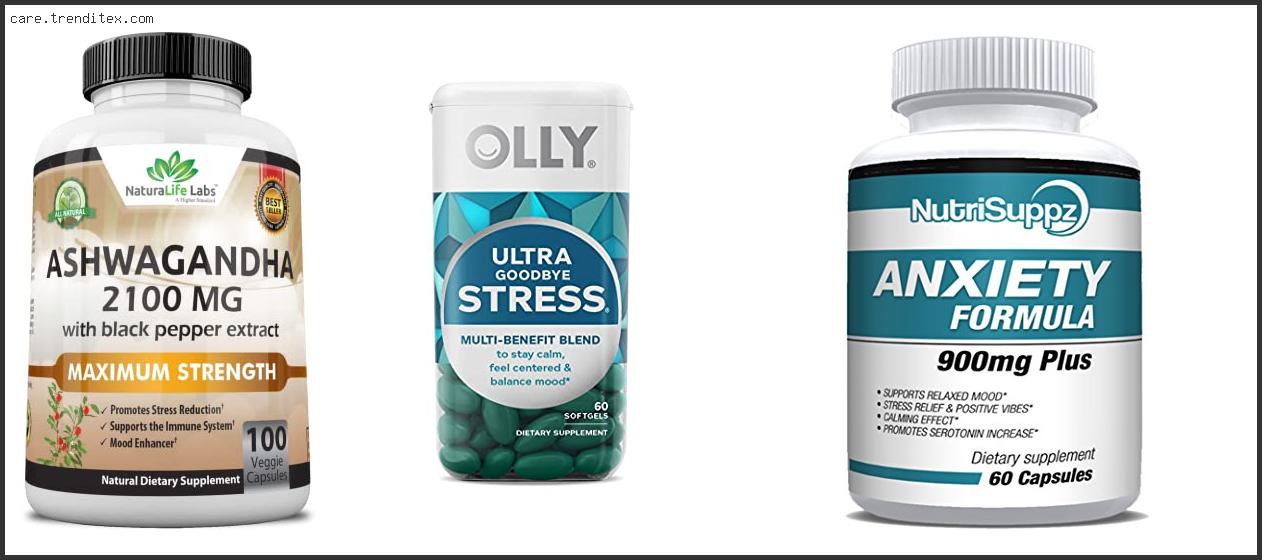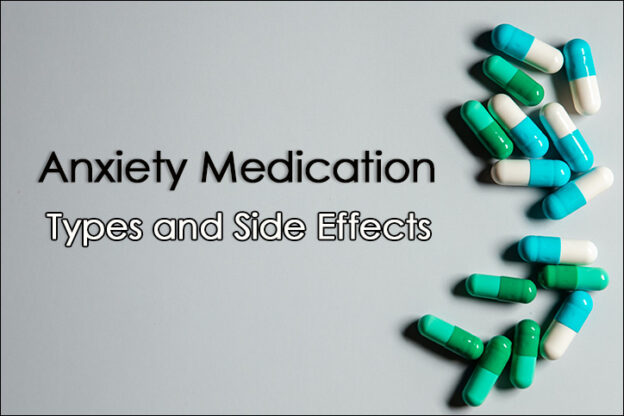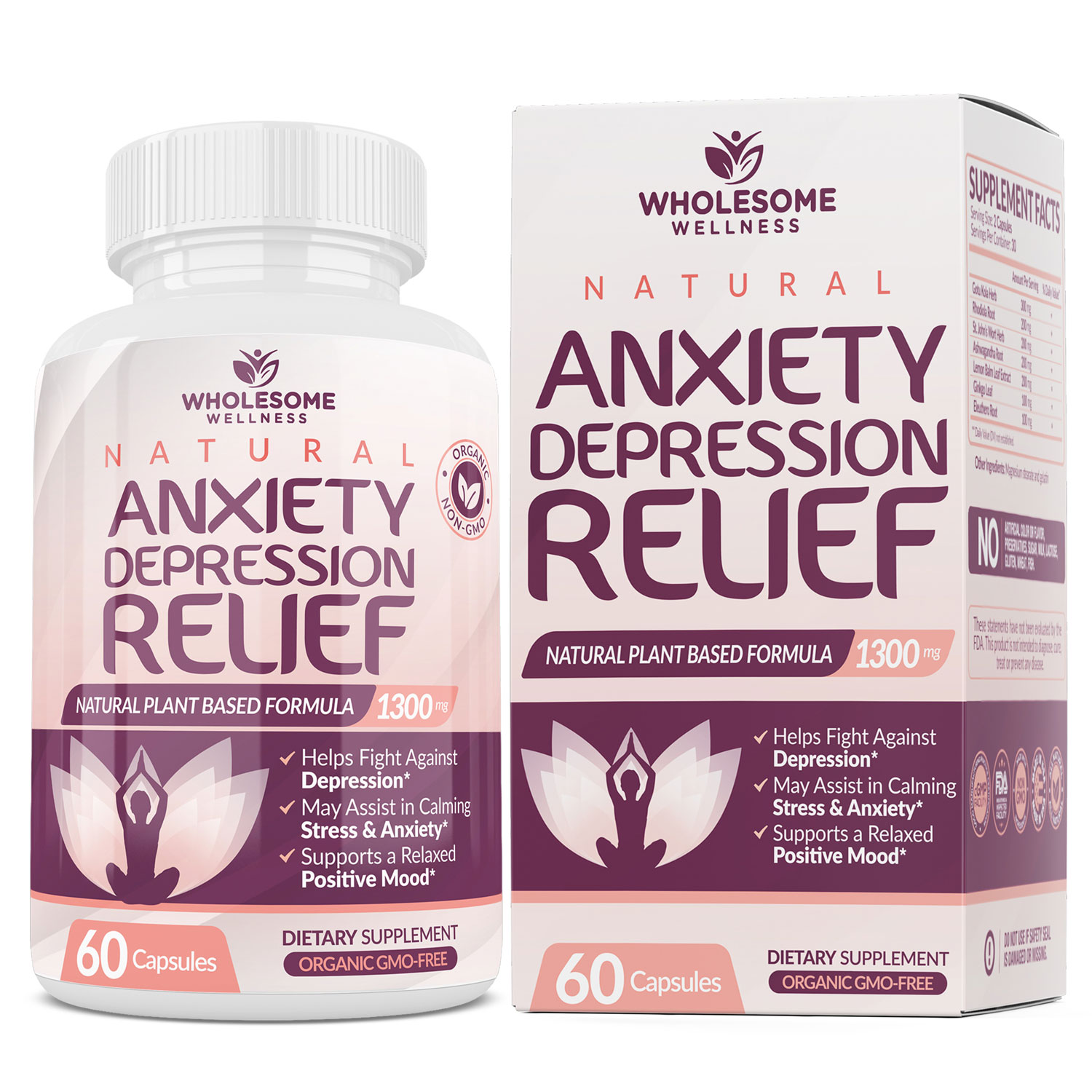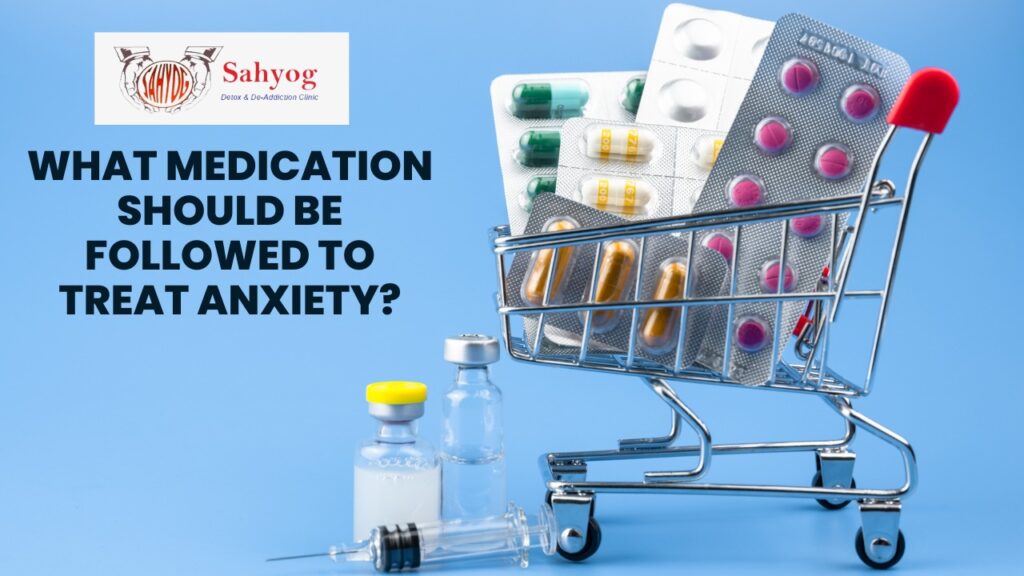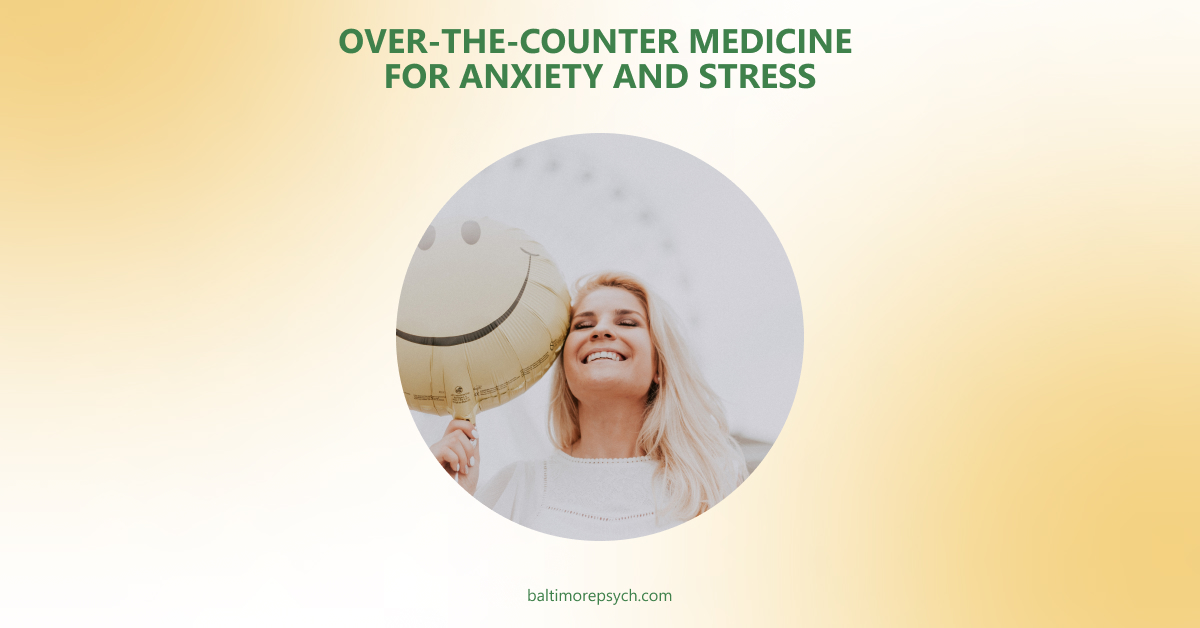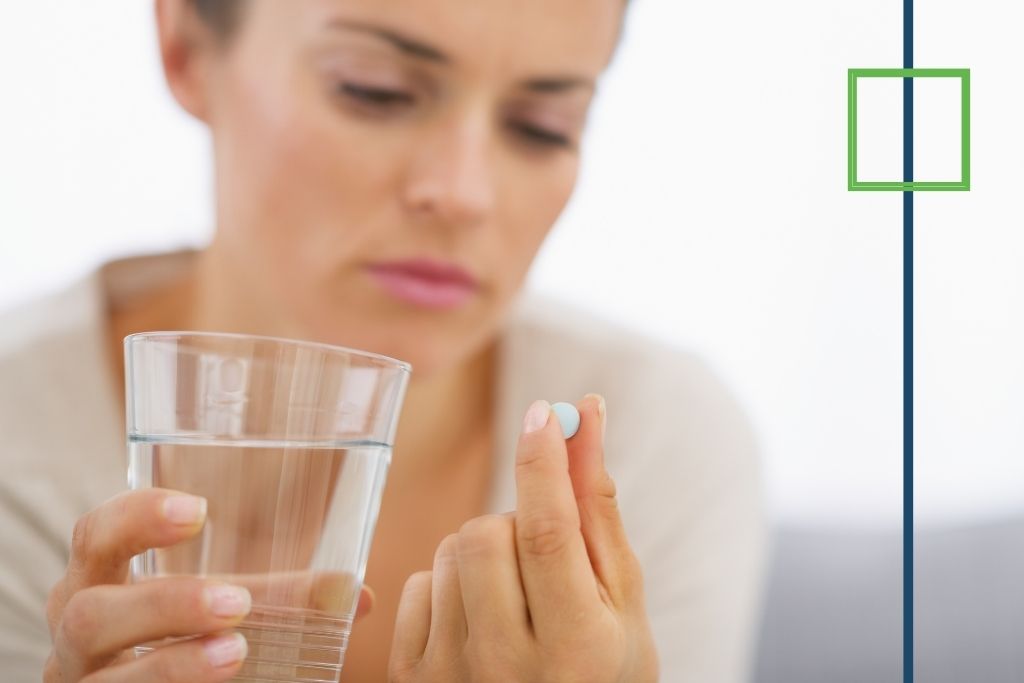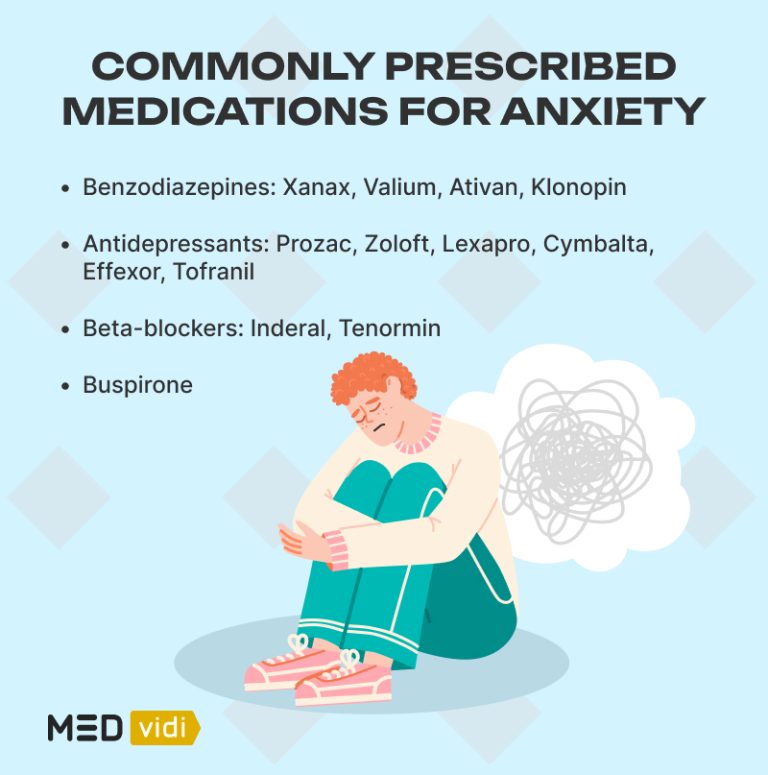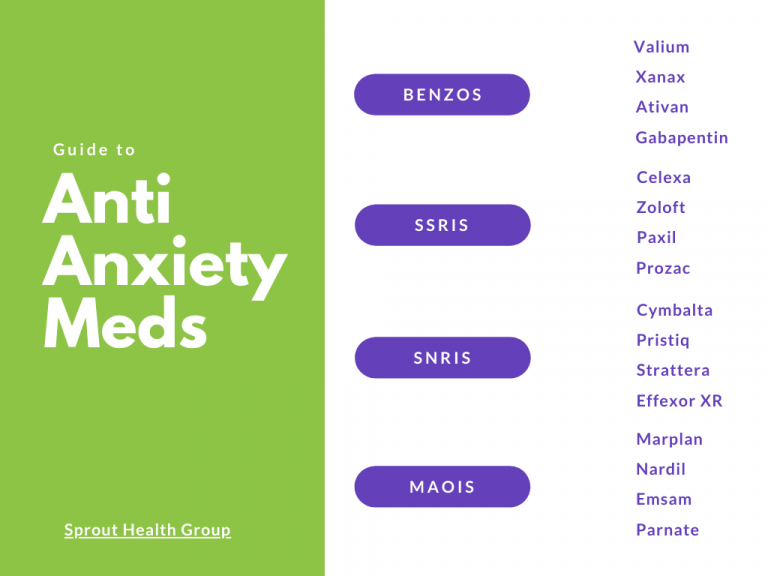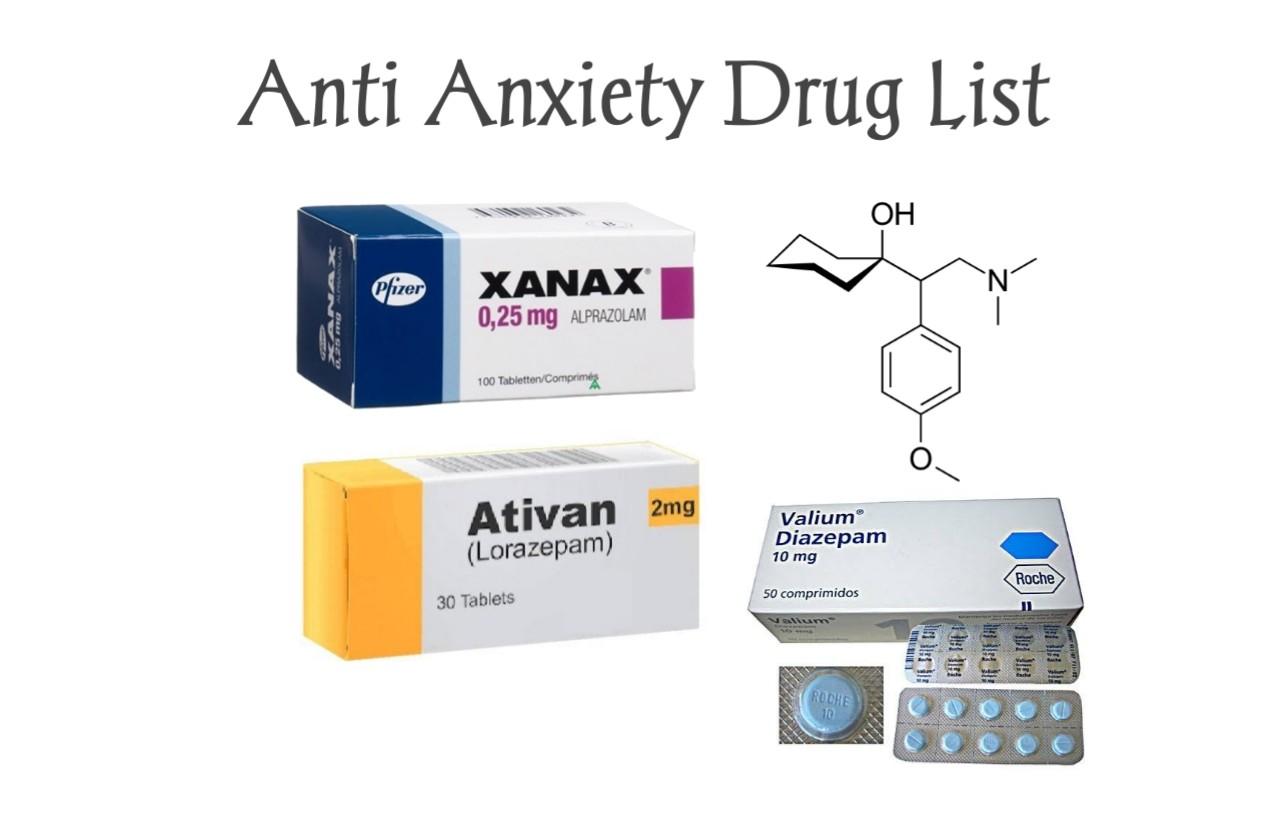What Over The Counter Medicine Can I Take For Anxiety
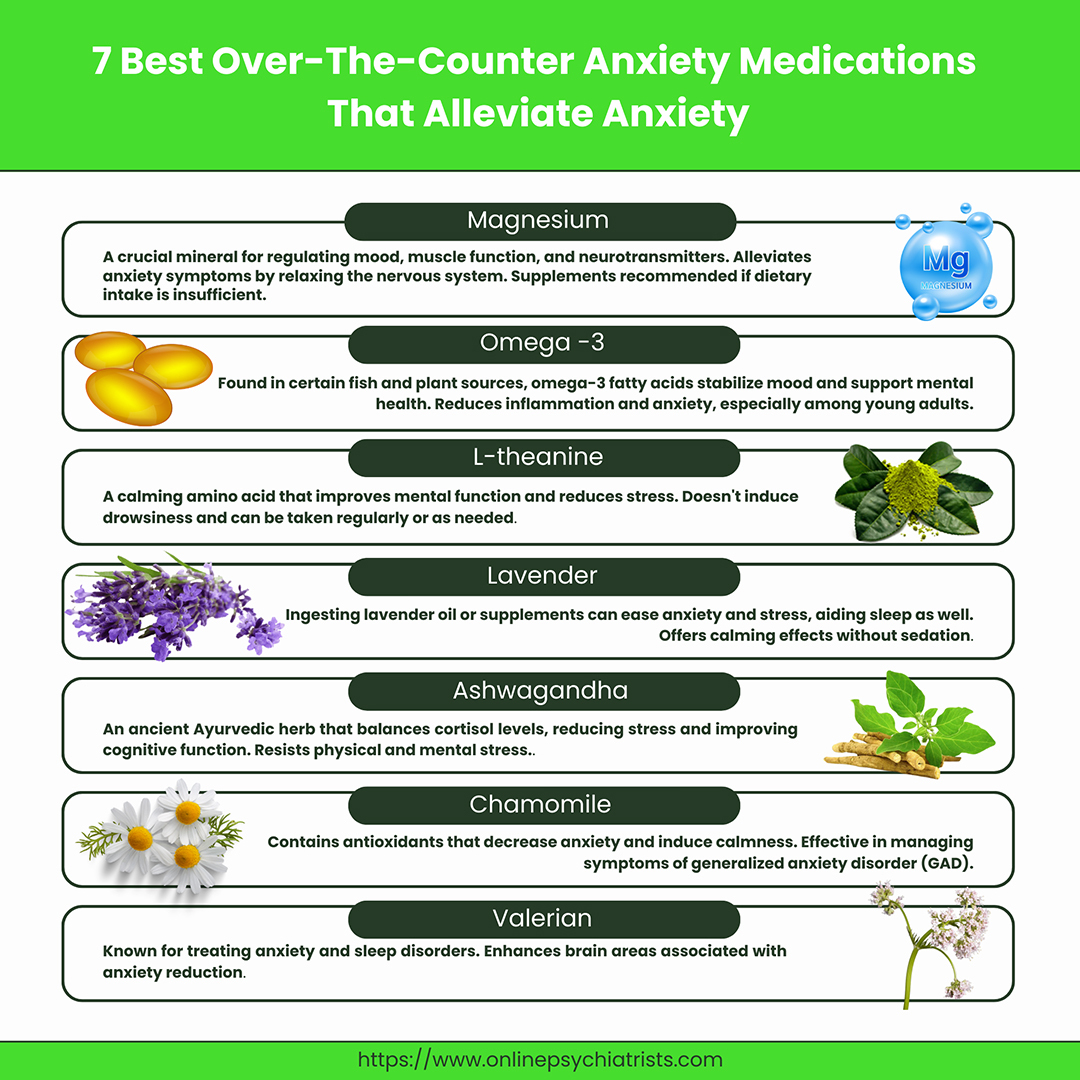
Imagine this: your heart is doing a frantic tap dance against your ribs, your palms are slick with a nervous sweat, and a knot tightens in your stomach. The world feels like it’s closing in, and a million thoughts race through your mind, none of them particularly helpful. It’s anxiety, that unwelcome guest that overstays its welcome, and you just want it to stop.
For many experiencing mild to moderate anxiety, the first thought might be: are there over-the-counter (OTC) options that can help ease the discomfort? This article delves into the world of OTC remedies for anxiety, exploring their potential benefits, limitations, and crucial considerations for safe and effective use. While not a substitute for professional medical advice, understanding these options can be a valuable step in managing anxiety symptoms.
Understanding Anxiety and the Role of OTC Options
Anxiety is a normal human emotion, but when it becomes excessive, persistent, and interferes with daily life, it can be classified as an anxiety disorder. The National Institute of Mental Health (NIMH) estimates that millions of adults in the United States experience anxiety disorders each year.
These disorders can manifest in various forms, including generalized anxiety disorder (GAD), social anxiety disorder, panic disorder, and specific phobias. While prescription medications and therapy are often the primary treatments for these conditions, some individuals find relief from milder symptoms through over-the-counter options.
Common OTC Options and Their Mechanisms
Several OTC products are marketed for their potential to reduce anxiety symptoms. These generally fall into a few different categories, each working through different mechanisms.
Herbal Supplements: These are some of the most commonly explored OTC options.
L-Theanine: This amino acid, found primarily in tea leaves, is believed to promote relaxation without causing drowsiness. Studies suggest it may increase alpha brain waves, which are associated with a relaxed and attentive mental state. It is generally considered safe, but interactions with certain medications are possible.
Valerian Root: This herb has been used for centuries as a natural sleep aid and anxiety reliever. It is thought to affect the levels of GABA, a neurotransmitter that helps regulate nerve impulses. Some individuals find valerian root effective, but it can cause drowsiness and should be used with caution.
Chamomile: Another popular herbal remedy, chamomile is known for its calming and soothing properties. It contains compounds that may bind to GABA receptors in the brain. Chamomile is often consumed as a tea and is generally considered safe for most people.
Passionflower: This herb is traditionally used to relieve anxiety and insomnia. It is thought to increase levels of GABA in the brain. Some research suggests that passionflower may be as effective as certain anti-anxiety medications for mild to moderate anxiety.
Vitamins and Minerals: Certain vitamins and minerals play a role in brain function and mood regulation.
Magnesium: This essential mineral is involved in hundreds of bodily functions, including nerve transmission and muscle relaxation. Some research suggests that magnesium deficiency may contribute to anxiety symptoms. Magnesium supplements are available in various forms, such as magnesium oxide, citrate, and glycinate.
Vitamin B Complex: B vitamins are crucial for brain health and energy production. Deficiencies in B vitamins, particularly B12 and folate, have been linked to anxiety and depression. A B complex supplement can help ensure adequate intake of these essential nutrients.
Other Options: Melatonin is sometimes used for anxiety stemming from sleep issues.
Melatonin: Primarily known as a sleep aid, melatonin regulates the sleep-wake cycle. In cases where anxiety is exacerbated by poor sleep, melatonin can indirectly help by promoting better sleep quality. It's important to use melatonin cautiously and at the lowest effective dose.
Important Considerations and Potential Risks
While OTC remedies can offer some relief from anxiety symptoms, it's crucial to approach them with caution and awareness. These products are not regulated by the FDA to the same extent as prescription medications.
Consult a Healthcare Professional: Before starting any new supplement or OTC medication, it’s essential to talk to your doctor or a qualified healthcare provider. They can assess your individual needs, review your medical history, and advise on potential interactions with other medications you may be taking.
Potential Side Effects: Even though these are available over the counter, they can still have side effects. Some people may experience drowsiness, digestive upset, or allergic reactions. Always read the product label carefully and follow the recommended dosage.
Interactions with Medications: Many herbal supplements and vitamins can interact with prescription medications, potentially reducing their effectiveness or increasing the risk of side effects. It’s vital to inform your doctor about all the supplements and medications you are taking.
Not a Substitute for Professional Treatment: OTC remedies are not a substitute for professional treatment for anxiety disorders. If your anxiety is severe, persistent, or interfering with your daily life, it’s crucial to seek help from a mental health professional. Therapy and prescription medications are often necessary for managing more severe cases of anxiety.
Lifestyle Changes and Complementary Approaches
Alongside OTC remedies, various lifestyle changes and complementary approaches can help manage anxiety symptoms.
Regular Exercise: Physical activity is a powerful stress reliever and mood booster. Aim for at least 30 minutes of moderate-intensity exercise most days of the week.
Mindfulness and Meditation: These practices can help you become more aware of your thoughts and feelings, allowing you to respond to them in a more mindful and less reactive way. Numerous apps and online resources offer guided meditations and mindfulness exercises.
Healthy Diet: Eating a balanced diet rich in fruits, vegetables, and whole grains can support overall health and well-being, including mental health. Limit your intake of processed foods, sugary drinks, and excessive caffeine, as these can exacerbate anxiety symptoms.
Sufficient Sleep: Getting enough sleep is crucial for both physical and mental health. Aim for 7-8 hours of quality sleep each night.
Social Support: Connecting with friends and family can provide a sense of belonging and reduce feelings of isolation. Talk to someone you trust about your anxieties and seek support when needed.
A Holistic Approach to Managing Anxiety
Ultimately, managing anxiety is often about adopting a holistic approach that combines various strategies. OTC remedies can be a helpful tool for some, but they are most effective when used in conjunction with lifestyle changes, therapy, and, when necessary, prescription medications.
Remember, seeking help is a sign of strength, not weakness. If you're struggling with anxiety, don't hesitate to reach out to a healthcare professional for guidance and support. Your mental well-being is worth it.
By understanding the potential benefits and limitations of OTC options, making informed decisions, and prioritizing a holistic approach to mental health, individuals can take proactive steps toward managing their anxiety and improving their overall well-being. Remember to be patient with yourself and celebrate small victories along the way. Recovery is a journey, not a destination.
